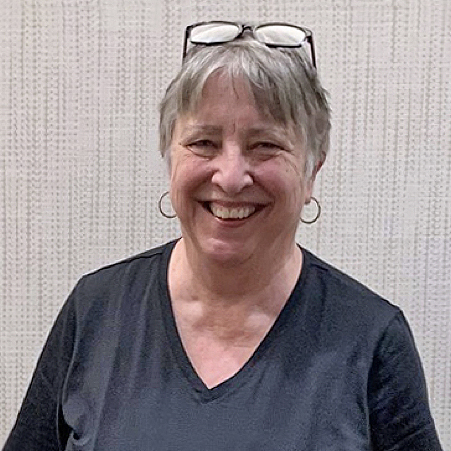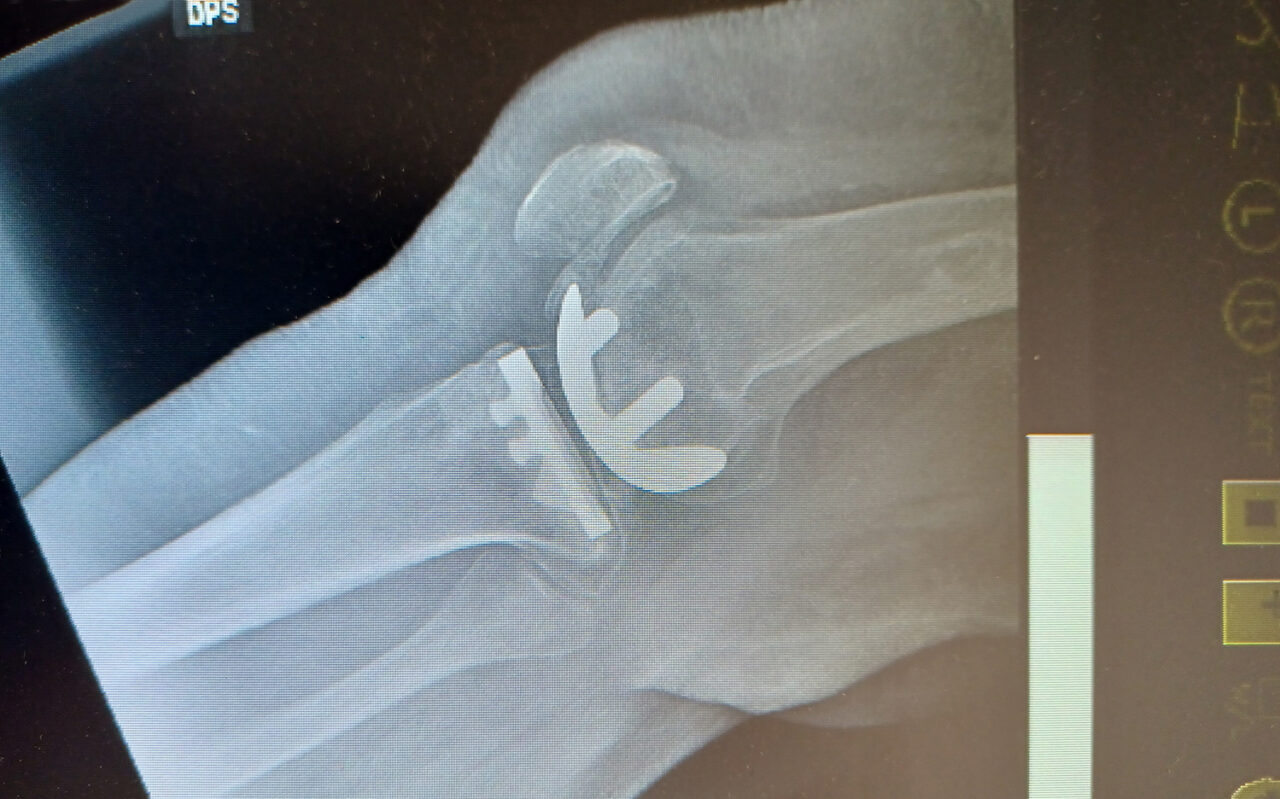Life is about expectations, and it is especially true for patients who have had total knee replacement surgery.
This surgery has evolved, and the results are amazing due to improved surgical techniques and state-of-the-art knee components that replace worn, damaged joints. After rehab, patients enjoy life-changing relief from pain and improved mobility.
Rehabilitation programs have evolved as well.
Some surgeons approach knee replacement as ‘day surgery,’ sending patients home without an overnight hospital stay. This works, but it isn’t for everyone! Many factors affect recovery, and many patients need short-term rehab before they can go home safely.
Even in the best of situations, knee replacement surgery is a big deal!
It’s not like a new battery for your car that is installed, and you’re off and running. It’s more like an addition to a home where a wall gets torn out before remodeling can be done. It is painful, and healing takes time.
The brain recognizes pain as a sign that something is wrong. It tells the body to stay still. But after knee surgery, we therapists want to get patients walking right away and push them to gain range of motion as soon as possible – not because we’re mean, but because the longer a ‘new’ knee stays immobile, the harder it is to gain motion. A stiff knee is not functional! Patients need to understand that their physical therapists will help them progress safely and will suggest medication, elevation, and ice to help manage pain and swelling.
I ask patients about their expectations.
Friends and family often give advice, and there are always stories of remarkable recoveries. Often, patients feel there is something wrong if they initially struggle. It is important that they learn this is all normal, so I try to modify expectations. “The first few days will be painful. You will be stiff every morning, but it will improve as you move. And you need to move! After a week, there’ll still be pain, but you’ll like me better, and you’ll be getting around pretty well.” I enjoy it when they tell me later I was right!
Why I love my job as a Physical Therapist.
“Loss of mobility impairs life quality. Knowledge and encouragement can make a huge difference. That is why I come to work – I can help with both. We may not age like Dick Van Dyke, but moving and laughing and sharing with people can put us all in a better place!”
Education is important.
Pre-operative education is an essential investment toward quick recovery, and the best education comes from pre-op physical therapy. In pre-op PT, patients have time to ask questions so they may learn what to expect, how to manage their post-op pain and mobility before it is overwhelming, and learn their post-op exercises in advance.
The unknown is scary, but if expectations are realistic, knee replacement patients can embrace their rehab and get back to their improved lives.
And I expect that is everyone’s goal!
 Barbara Kruschwitz, PT, DPT works in the physical therapy department at Whittier Rehabilitation Hospital Bradford. Barbara has almost five decades of experience and loves to help patients recover. She has worked in nationally and internationally-recognized facilities, taught clinically and in universities, worked in home care and ICUs and enjoys one-on-one hands-on clinical work – like our TCU – the best.
Barbara Kruschwitz, PT, DPT works in the physical therapy department at Whittier Rehabilitation Hospital Bradford. Barbara has almost five decades of experience and loves to help patients recover. She has worked in nationally and internationally-recognized facilities, taught clinically and in universities, worked in home care and ICUs and enjoys one-on-one hands-on clinical work – like our TCU – the best.




